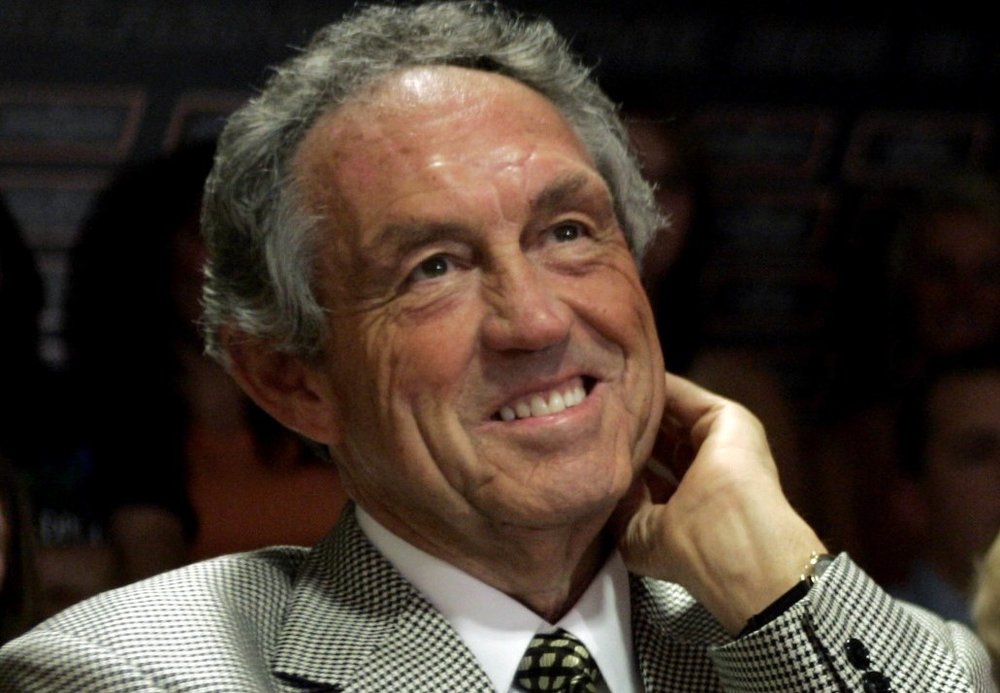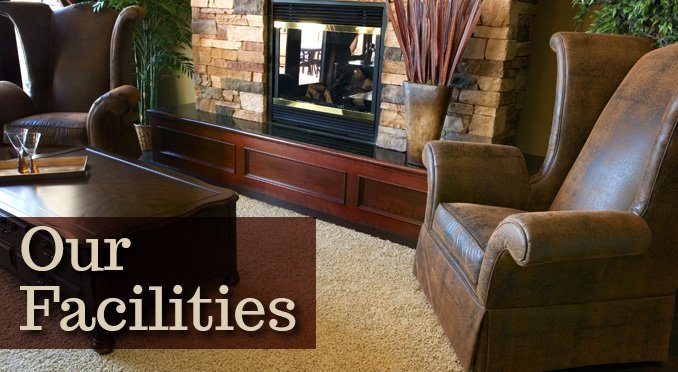
Serving the greater Tulsa area for 80 years.

Obituary
Obituary of Eddie Eugene Sutton
Please share a memory of Eddie to include in a keepsake book for family and friends.
Born on a farm in Western Kansas on March 12, 1936, to Orville and Beryl Sutton, Eddie Eugene Sutton left Kansas after high school and found his way to manhood and national recognition through basketball. But, as outstanding as his accomplishments in basketball were—and they were exceptional by any measure--his life encompassed far more because he brought the same laser focus, strategic vision, desire for challenge, and intense drive to succeed from the world of basketball to his roles as husband, parent, grandparent, and community leader.
As a high school senior in Bucklin, KS, he was recruited by Coach Henry Iba to play basketball at Oklahoma A&M. While in college, Eddie excelled on the court and academically; more importantly, he met his late, beloved wife Patsy of fifty-four years on the OSU campus and came to regard Mr. Iba as a second father. As a result, he remained at OSU for a year after graduation as a graduate assistant coach under Mr. Iba. While he earned his coaching stripes, he also earned a master’s degree, and his new bride completed her undergraduate degree. In this seminal period, he had established the pattern of forging loyal, empowering relationships that repeated itself again and again throughout his life, ranging from players he first coached at Tulsa’s Central High School to former President Bill Clinton, who became a friend while Eddie coached at the University of Arkansas and remained a friend until Eddie’s death Saturday, May 23, 2020.
After earning their degrees, Eddie and Patsy moved to Tulsa, where he coached basketball seven years at Central High School and Patsy taught Home Economics. They started their family in Tulsa, bringing home eldest son Stephen in 1965. Middle son, Sean, born in 1968, joined the family in Twin Falls, Idaho, where, in 1966, Eddie had accepted the challenge of building a basketball program at The College of Southern Idaho, literally from the ground up: the college did not even have its own campus until 1968. But Eddie’s teams built an 83-14 record. A fresh challenge beckoned in 1969, and the family left Idaho for Omaha, where Eddie took over the struggling basketball program at Creighton University. He led his Creighton teams to five consecutive winning seasons and a Sweet Sixteen appearance in 1974, his final season. His youngest son, Scott, was born in Omaha in 1970.
In 1974, Eddie once again took on a new challenge, and the family moved to Fayetteville, Ark., where Barnhill Fieldhouse had sawdust floors and portable bleachers. Eddie brought national prominence to his Arkansas teams and a new facility for their fans. His teams had an unprecedented record of 120-8 at home over eleven seasons, and a 77% overall winning percentage, a record for the Southwest Conference. Along the way, he took Arkansas to the Final Four in 1978, and also beat number one ranked North Carolina led by Michael Jordan. Today UA teams use the “Eddie Sutton Practice Gym.”
During this period, he became one of the first coaches nationally to sign a team shoe contract with Nike footwear. He maintained strong ties with Nike throughout the rest of his career.
In 1985, he took over the basketball program at the University Kentucky, as only its third coach in the last fifty-five years. In four years at Kentucky, his teams had an 88-39 record, with three NCAA tournament appearances, including an Elite Eight appearance in 1986 and the Sweet Sixteen in 1988. He was named National Coach of the Year in 1986.
In addition to coaching and family, community life was important to Eddie. He regularly supported and lent his growing celebrity to causes he deemed important. Among other charitable endeavors, he supported Big Brothers & Big Sisters for many years, frequently served as celebrity emcee for the Stillwater Humane Society’s Walk ‘n Wag, regularly promoted Coaches vs. Cancer and, always, supported the Remember the Ten Run at OSU. Eddie was a member of First United Methodist Church in Stillwater, OK, and Life Church in South Tulsa, as well as a member of Sigma Chi fraternity, designated a Significant Sig.
When he had the opportunity to return to his alma mater, OSU, in April 1990, he said he felt “like a little boy on Christmas morning.” As he had done at Idaho, Creighton, and Arkansas, he immediately began working to improve and honor the fan experience of basketball. When Eddie arrived at OSU, the basketball program had been on a downhill slide; the facility, once the pride of the Southwest, was also showing its age. He went to work on both counts, leading his teams to thirteen NCAA tournaments in sixteen years and two Final Four appearances in 1995 and 2004. He also worked tirelessly to raise funding for an expansion of Gallagher-Iba Arena, speaking at every opportunity with students, civic groups, and fans in every possible venue to garner support for expanding the facility and his team. The result was an award-winning architectural design with greatly expanded seating and amenities, which preserved the historic arena that ESPN and CBS sports recognized as the “best atmosphere in college basketball.” While at OSU, he coached seven All-Americans, fifty-two all-conference Cowboys, five Big Eight/Big XII Players of the Year and nine NBA draft picks. Today, the OSU basketball court is named “Eddie Sutton Court.” Eddie remained OSU’s greatest fan after his retirement and attended OSU basketball games whenever his health permitted until three months before his death. Despite all these accomplishments at OSU, the 2001 plane crash while returning from a game in Colorado left a void that would never be filled. With a broken heart, Eddie insisted on calling each of the affected families himself, as he felt it was his responsibility. Though Sean Sutton reflected that “there has never been a day that I have been more proud of my dad,” this awful task took a heavy toll on Eddie. Moreover, he and the OSU community lost ten valued members of the basketball team and staff. Eddie said, “not a day goes by that I don’t think about every one of those guys, because they were all great people.”
It has been widely recognized as a remarkable achievement that OSU returned to the Final Four only three years later.
He succeeded so well at so much. He maintained his strategic vision and understood that losing a game here and there was part of any season. But losing a game, or even a season in basketball, is far less painful than publicly struggling with a battle against alcoholism. Still, he fought it with courage and spoke to students about it, stressing the importance of having addiction treatment centers on college campuses. Regarding his personal battle with addiction, Eddie once said, “There’s a scripture that has sustained me through my adversity: ‘All things work together for good to them that love the Lord.’” Eddie believed that he had seen the fulfillment of this verse, Romans 8:28, in his life.
Most writings about Eddie’s life have focused on his accomplishments in coaching: first coach to take four different schools to the NCAA Men’s Basketball Tournament and one of only nine to win 800 or more games in his career (806); named National Coach of the Year four times and Conference Coach of the year eight times; coached numerous All-Americans, All-Conference players, and NBA players; served as President of the National Association of Basketball Coaches in 1987-88 and, most recently, was elected to the Naismith Memorial Basketball Hall of Fame. His three trips to the Final Four link him to names like Phog Allen, Nolan Richardson, Bill Self, and John Thompson.
What many people may not know is how deeply he cared for his family. Someone who knew him well recently remarked, “I’ve never seen anyone love his family so fiercely.” Eddie also cared deeply that his players achieve the higher education that their scholarships provided. He did not merely encourage them to complete their degrees, he made it a priority to see that they learned the discipline to study and to attend class regularly, right along with the discipline of practice. As one former player recalled, “He drove me the same way (he did in basketball) in my academics.” Almost 90% of his players earned a college degree.
Many of his players remember the lessons Eddie tried to teach them to this day. Their words, in recalling the coach who helped form them as men over a fifty year career, define him clearly: “I had access to him when I was in the ninth grade and I have access to him right now”; “He was hard but he wasn’t intimidating . . . You could tell he wanted the best for you”; “He became a father figure”; “On the floor and off the floor, he made me a better player, a better man. He made me a better husband.”
In the end, like his own mentor, Henry Iba, Eddie Sutton was a man who commanded respect but earned enduring love and loyalty from family, players, friends, and many fans.
He was preceded in death by his wife, Patsy Wright Sutton, and is survived by his children, Stephen and Robin Sutton; Sean and Trena Sutton; Scott and Kim Sutton, along with grandchildren Stephen, Catherine and Caroline; Hunter, Spencer, and Parker; and Hallie, Lauren, and Maggie.
A public memorial service and celebration of the life of Coach Eddie Sutton will be held in the Fall of 2020 at O.S.U. Gallagher-Iba Arena at a date and time to be determined. In lieu of flowers, the family requests that donations be made to: Remember the Ten Run, 203 Whitehurst, Stillwater, OK, 74078; or on line at Remembertheten.com; or to Coaches vs Cancer c/o American Cancer Society, 7645 E. 63rd St., Suite 105, Tulsa, OK, 74133, Attn: Susan Erler, or on line at: https://acstulsa.ejoinme.org/coachsutton.
About Us
To this day, Ninde Funeral Directors is owned and operated by the Ninde family, making it one of the only remaining original family owned funeral companies in Tulsa. Founded on a commitment to family service, Ninde continues to provide unparalleled funeral excellence... and have for over seventy-five years.
Location Info
3841 S. Peoria
Tulsa, OK 74105
(918) 742-5556
Recent News
- May 1, 2014 we launched our new website.


